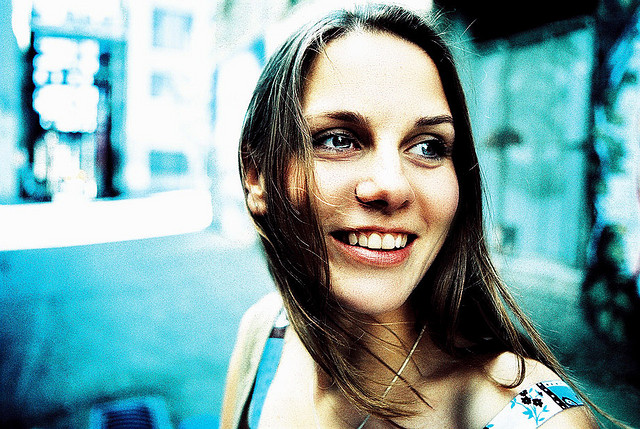Perhaps you are wondering if you are experiencing symptoms of both anxiety and depression or maybe you already know that in fact you are dealing with both issues. If so, you are not alone.
It is common for people to experience both anxiety and depression.
Some symptoms that co-occur in both conditions include:
- Difficulty sleeping
- Difficulty concentrating
- Indecisiveness
- Ruminating thoughts (same thoughts circling around and around)
- Social isolation and withdrawal
- Irritability and hopelessness
It could be that you have dealt with these feelings for a long time or these feelings just came on suddenly. Regardless of when this may have started, you should know that you do not need to suffer alone and there is help available for you. “Therapeutic” help can take many forms such as talking to a trusted friend, going for a walk, and taking a bath. Professional intervention is also highly beneficial when you find a good match with a competent therapist or doctor.
Since anxiety and depression are such internal states let’s start by thinking about what you can do immediately to start taking better care of yourself and get on the road to recovery.
- Treat yourself as you would treat a friend in need. Start to notice and pay attention to your inner thoughts and catch yourself from being judgmental. Since we can be our own worst critics, it is important to be aware, notice, and make choices not to react to these harsh messages.
- Show yourself some compassion. There are probably very real reasons that you are experiencing anxiety and depression. Maybe you have gone through a traumatic event, a loss, an injury, and maybe your family biological and genetic history has made you vulnerable.
- Don’t wait until you feel all better to start to make changes in your behaviors and actions. Sometimes people become paralyzed or immobilized with thoughts and restrict their actions. When we do less and less activity, we have fewer opportunities for positive experiences. Instead, tell yourself you will try out behaviors that can get you closer to what you want to accomplish whether that is finishing school, getting a job, increasing your social circle, or getting into a romantic relationship.
- Don’t abuse alcohol or substances. This will make you feel worse. Not only does the research in neuroscience show that this will negatively impact neurotransmitters in your brain that regulate your mood, but you can develop another whole host of problems.
- Don’t listen to your inner critic. Take notice of negative stigma and shame from society and from past generations that give us invalidating messages like “it’s all in your head”, “you’re bad, evil, weak, and no good’. These messages are NOT TRUE. Our bodies are connected to our brains, right? If you needed glasses, would you tell yourself you should just try harder to see better? Probably not! You may be a little embarrassed, but then you would get glasses and see and feel better! Same idea goes for anxiety and depression. There is no shame in getting help. In fact, it is a great sign of courage and strength.
Please don’t hesitate to reach out if you are in distress. You do not need to suffer alone and you can and will get better. Call me at 303-747-4014 for a free 10 minute phone consultation.
photo credit: Kris Krug







Follow me...